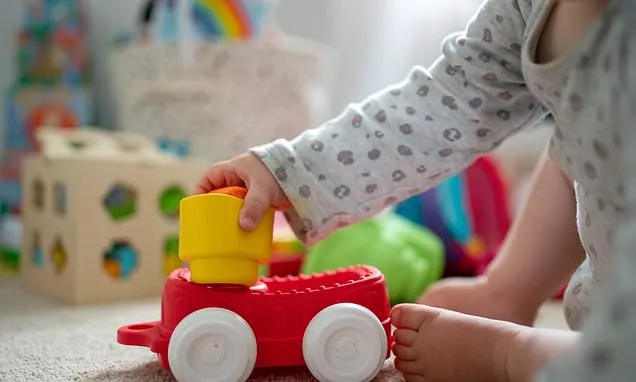Only half of fathers avail of paternity leave and a quarter of men take parent's leave compared with two-thirds of mothers, research has revealed.
The report from the Irish Human Rights and Equality Commission (IHREC) and the Economic and Social Research Institute (ESRI) found that while the recent introduction of paternity leave and parent's leave in Ireland has been positive, the take-up rates of the benefits remain low.
The report also calls for structural inequality between women and men to be addressed, saying that Ireland must find a new relationship between paid employment, care work and gender roles.
The report, entitled Child Related Leave: Usage and Implications for Gender Equality, examines the usage of child-related leave benefits in Ireland and their implications for gender equality in the workplace.
It found that despite rising female participation rates in Ireland, a significant gender income gap persists, primarily driven by lower female participation rates and a higher incidence of part-time employment.
It said that the gap often starts after the birth of a child and continues throughout a woman's lifetime.
Using a 10% sample of all births between 2019 and 2022, the report analyses the characteristics linked with the take-up of paternity and parent's benefit, as well as the duration of paid and unpaid maternity leave.
The findings reveal that higher paid fathers, who are more likely to receive employer top-ups, were more likely to avail of paternity leave.
Take-up was also higher for those working in larger companies where a replacement might be more readily available.
The report also explores societal norms and workplace attitudes towards child-related leave.
A survey experiment found high levels of support for ensuring that fathers have 100% of their earnings covered while on leave and for ring-fencing part of child-related leave for fathers only.
The report suggests ways to improve the take-up of child-related leave benefits and promote gender equality.
This report underscores the importance of child-related leave policies in addressing gender inequalities in the workplace
The report found that relying on employers to top up parents' incomes results in a large variation in how much of pre-birth earnings are covered during leave as top-ups vary significantly across different employers.
It also said that promoting awareness of leave entitlements among parents, particularly fathers, would increase take-up rates.
It further called for workplace norms and attitudes that may discourage fathers from taking leave to be addressed.
The report said that promoting awareness of leave entitlements among parents, particularly fathers, to increase take-up rates, as well as addressing workplace norms and attitudes that may discourage fathers from taking leave.
Liam Herrick, chief commissioner of the Irish Human Rights and Equality Commission, said: "The fact that women do far more care and care work, paid and unpaid, than men plays a significant part in women's lower economic status in Ireland."
"To address persistent, structural inequality between women and men, Ireland must find a new relationship between paid employment, care work and gender roles."
"This report robustly demonstrates the need for effective and gender equitable child-related leave schemes, and where policy efforts should be focused to greatest effect."
Co-author of the report Dr Claire Keane said: "This report underscores the importance of child-related leave policies in addressing gender inequalities in the workplace."
"By implementing the recommended policy changes, Ireland can make significant strides towards achieving greater gender equality and supporting both mothers and fathers in balancing work and family responsibilities."
